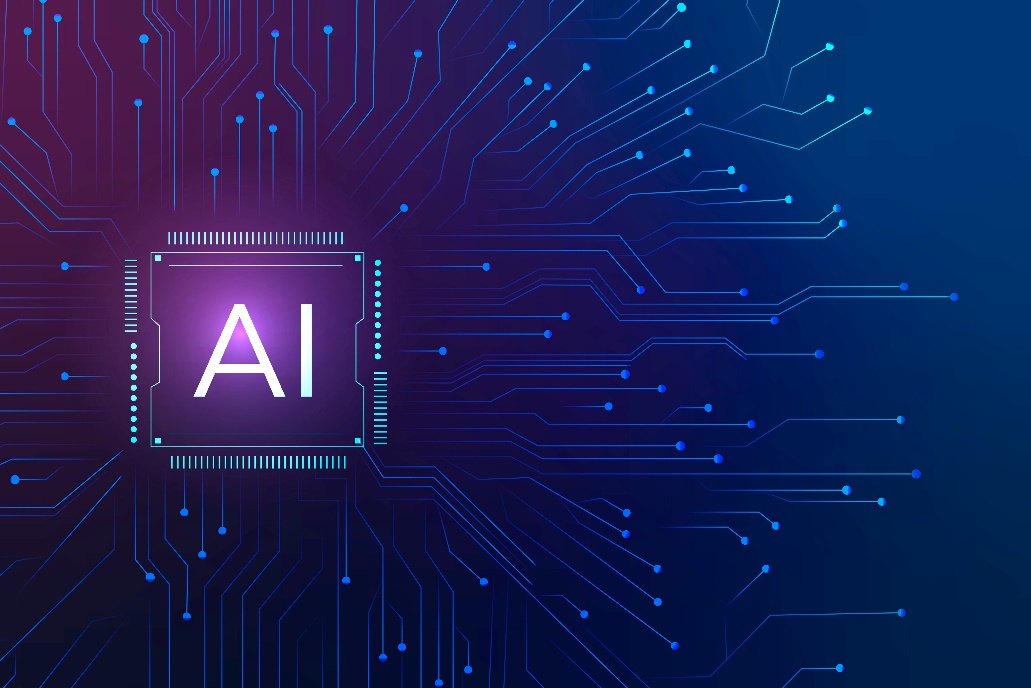In the ever-evolving landscape of technology, Full Stack AI Development has emerged as a pivotal field, offering a holistic approach to building intelligent systems.
As businesses increasingly integrate artificial intelligence into their operations, the demand for professionals skilled in both front-end and back-end AI development is skyrocketing. In this blog post, we'll explore the world of Full Stack AI Development courses, addressing frequently asked questions along the way.
Understanding Full Stack AI Development:
Full Stack AI Development encompasses a broad range of skills, combining front-end and back-end development with a focus on implementing and optimising AI algorithms. Individuals pursuing this path gain proficiency in programming languages, database management, user interface design, and machine learning frameworks. These courses equip students with the ability to create end-to-end AI solutions, from conceptualization to deployment.
Key Components of Full Stack AI Development Courses:
- Programming Languages: Full Stack AI Development courses often cover languages like Python, JavaScript, and Java, providing a foundation for both front-end and back-end development.
- Front-End Development: Participants learn to create intuitive user interfaces, incorporating HTML, CSS, and JavaScript. This aspect is crucial for designing user-friendly AI applications.
- Back-End Development: Database management, server-side scripting, and API integration are integral parts of the back-end development curriculum. Students delve into frameworks like Flask and Django.
- Machine Learning and AI: The heart of Full Stack AI Development lies in implementing machine learning algorithms and AI models. Courses cover popular frameworks such as TensorFlow and PyTorch.
- Project Management: Students are often exposed to project management methodologies, learning to efficiently plan, execute, and deploy AI projects.
FAQs about Full Stack AI Development Courses:
Q1: Who can benefit from Full Stack AI Development courses?
A1: Full Stack AI Development courses are suitable for aspiring and seasoned developers, data scientists, and professionals looking to enhance their skills in both AI and software development.
Q2: Are there any prerequisites for enrolling in these courses?
A2: While a basic understanding of programming is beneficial, many courses cater to beginners. Prerequisites may vary, so it's advisable to check the specific requirements of each program.
Q3: What job roles can I pursue after completing a Full Stack AI Development course?
A3: Graduates can explore roles such as Full Stack Developer, AI Engineer, Machine Learning Engineer, or even start their entrepreneurial journey by developing AI-powered applications.
Q4: How long does it take to complete a Full Stack AI Development course?
A4: The duration varies, but most courses range from a few weeks to several months, depending on the depth of the curriculum and the pace of learning.
Q5: Are there any industry certifications associated with Full Stack AI Development courses?
A5: Yes, many courses offer certifications upon completion, recognized by industry leaders. These certifications validate your skills and can enhance your employability.
In conclusion, Full Stack AI Development courses provide a comprehensive skill set for those aspiring to navigate the intricate world of AI-powered applications. As the demand for versatile AI professionals continues to surge, investing in a Full Stack AI Development course may be the key to unlocking a plethora of career opportunities in the dynamic tech industry.


No comments yet